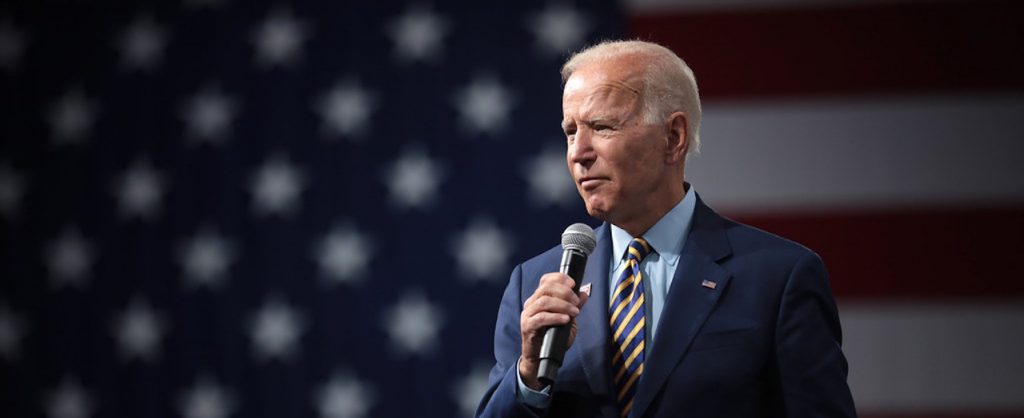In the blink of an eye, Joe Biden went from a catastrophic failure to the consensus front-runner. His campaign elevated from outdated disaster to overwhelming dominance. All because of one historic night – Super Tuesday.
The dramatic results of Super Tuesday finally placed Biden where he wanted to be all along: the clear front-runner and expected Democratic nominee for president. What began as a diverse group of candidates has consolidated around the one man capable of beating Sanders and the one man the Democrats see as the most electable alternative to Donald Trump. By doing so, the Democratic Party has shut the door on democratic socialism, at least for another four years.
The importance of Super Tuesday for presidential hopefuls cannot be overstated; approximately one-third of all delegates are awarded across 14 primaries on one day, including contests in California, Texas, North Carolina and Virginia.
Leading up to Super Tuesday, Biden’s campaign had underachieved by every standard. The former vice president failed to win any of the first three primaries, placing fourth in Iowa and not picking up a single delegate in New Hampshire. According to FiveThirtyEight’s delegate forecast, Biden had an 8.7% chance of winning the necessary majority of Democratic primary delegates following his third consecutive primary loss in Nevada Feb. 22.
And then came Super Tuesday, where Biden won 10 of the 14 states, amassing 610 delegates, moving ahead of Sanders by almost 100 delegates. After considering the Super Tuesday results in its forecast model, FiveThirtyEight now gives Biden an 94% chance of winning the Democratic nomination.
The night before Super Tuesday, both Amy Klobuchar and Pete Buttigieg dropped out of the race and announced their endorsements of Biden, alongside former candidate Beto O’Rourke. After Super Tuesday, billionaire Michael Bloomberg dropped out of the race and endorsed Biden, as did former candidate Kamala Harris. Elizabeth Warren also suspended her campaign following Tuesday’s results, but has not announced any endorsement yet.
In recent primaries, a number of “establishment,” or traditional party candidates, have been confronted by one or two candidates who challenge the system and create their own unique, passionate base of supporters. Normally, these unique candidates never have a majority of the vote on their own, but when multiple establishment candidates run against each other, they divide the majority of the voters among themselves. When that happens, if the antiestablishment candidate has enough supporters, they can win primaries without being supported by the majority of voters in their party.
That is what the 2020 Democratic primary looked like before Super Tuesday.
Because establishment candidates were dividing the majority of Democratic support, they enabled Sanders to win two of the first three primaries. As a democratic socialist, Sanders has a unique support group that rarely overlaps with establishment candidates, and he was able to thrive in a system in which Biden, Klobuchar and Buttigieg split the majority of voters among themselves.
Republican establishment voters faced the same predicament in 2016, as Ted Cruz, Marco Rubio and Jeb Bush split the establishment voters among themselves, allowing Donald Trump to win the nomination with his minority support group. The GOP failed to consolidate in time to prevent Trump’s nomination then, but Democrats in 2020 seem to have moved toward Biden just in time to prevent a shift to the antiestablishment, democratic socialist in Sanders.
Biden now has the broadest coalition, beating Sanders in most of the important demographics: with African Americans, women and voters over 35 years old. These results place him firmly in the forefront of the race for the nomination and gives Democrats what they consider the best opportunity to beat Trump in a general election.
Trump did not win the popular vote in 2016 but still won the election. If a Democrat hopes to win in 2020, he will need more support in swing states than Hillary Clinton had in 2016. The Democratic nominee will need to appeal to independents and possibly even some moderate Republicans if he hopes to have any chance of winning. Biden is the best Democratic candidate, and he is the DNC’s last hope.
Wylie is the assistant sports editor. Follow him on Twitter.
